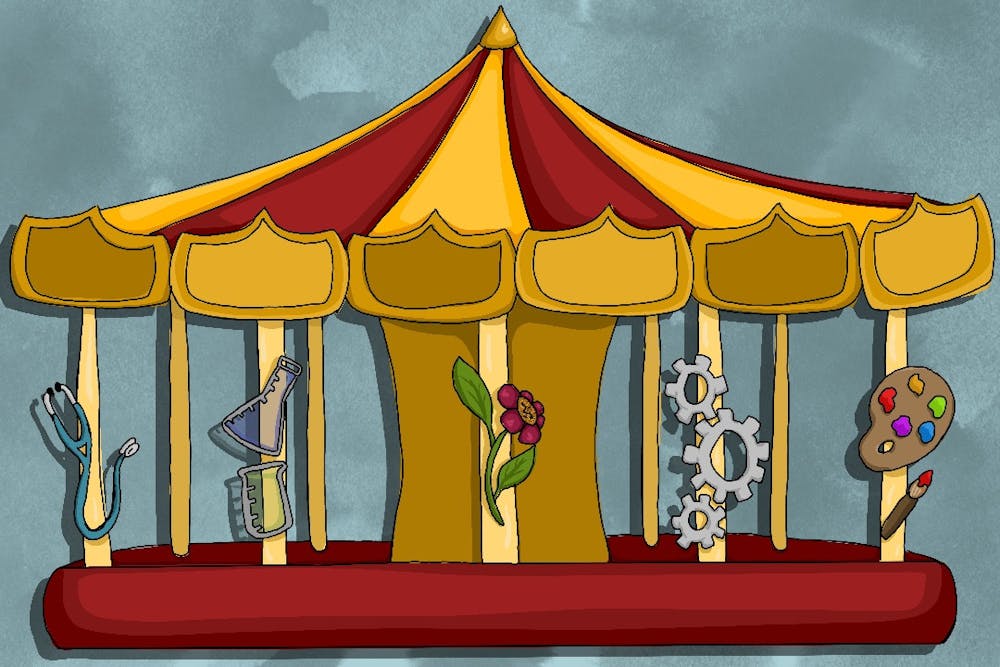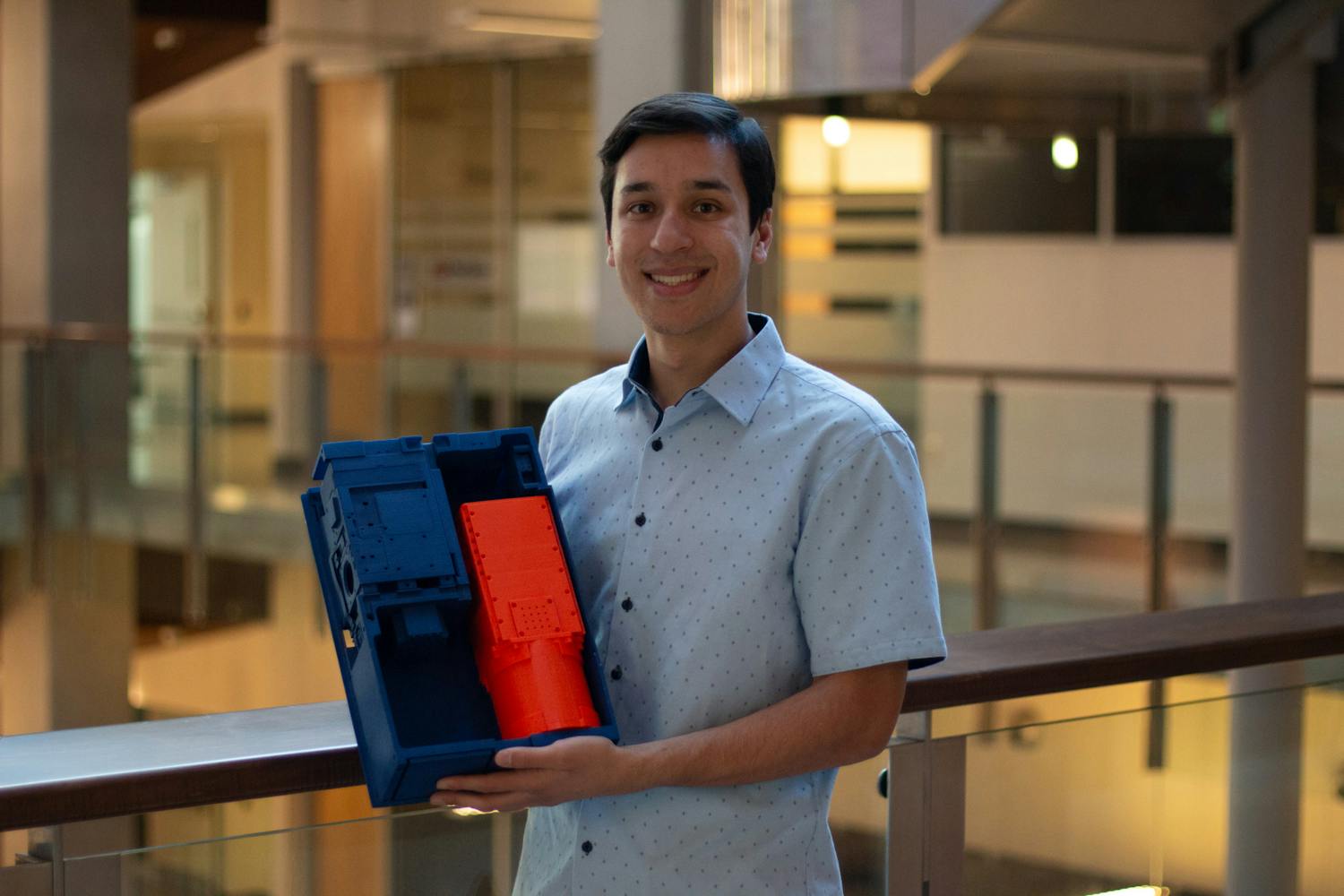Switching your major in college can be a common occurrence for reasons such as grades, interests and job availability post-graduation. More than 70% of ASU students change their major at least once during their undergraduate years, according to a study done in 2020 by ASU.
Majors with a heavy workload, such as engineering, may prevent some students from having much free time or being able to socialize with their peers.
"I didn’t really feel like I was getting a good education from the engineering school," said io Fielder, a sophomore studying business data analytics. "I didn't think engineering would let me have the college experience I wanted due to the culture and time requirement."
The most popular undergraduate degree is business, according to the National Center for Education Statistics. Business accounted for 391,000 degrees in postsecondary education.
"I didn't really think about jobs when changing my major actually, but BDA majors have the highest average salary among W.P. Carey alumni," Fielder said. "When I looked at the classes I would have had to take, they all seemed useful beyond just a job requirement."
ASU offers advising and course maps for those interested in switching majors. Fielder was impressed with one business course he took last semester and the support offered outside of class.
"I will say that there are more resource options for business majors compared to engineering," said Fielder. "The attitude feels different too; it feels like they want you to succeed."
Todd Altomare, a W.P. Carey instructor for the department of management and entrepreneurship, said he is biased in believing that business majors are the most versatile, but says the University is supportive when students switch majors to increase their academic success.
"Each job or career path is an opportunity to gain a skillset, to learn and grow and to build relationships," Altomare said.
A study done by EAB shows that those who change their major and seek support have an 83% graduation rate opposed to the 79% of students who finalize their major in the first semester.
"It can make future careers satisfying, rewarding and the student will find purpose in their work," Altomare said. "Switching majors can boost job market prospects for students if they know that their major is aligning with their career objectives."
Post-graduation jobs are shaped by the demands of society, according to Altomare. The U.S. Bureau of Labor Statistics found that wind turbine service technicians and nurse practitioners rank among the fastest growing occupations, both expanding their fields by 45%.
"Over my 27-year career in financial services, I have seen careers flourish from individuals who switched majors in college, and these talents and skillsets aligned with our industry needs," said Altomare.
The increased expertise in business careers will impact the engineering industry for students who make the switch between majors.
Cory Jones, a sophomore studying civil engineering, hasn't switched his major because he found his passion for building and math at a young age.
"I was lucky enough to know what I was passionate about coming out of high school, and I continue to get good grades in a major that will likely earn me a pretty big paycheck when I've graduated," said Jones.
The job market won't see huge changes unless there is a large influx of students switching to specific majors over a long period of time, according to Altomare.
Many students study their major to obtain a dream job. Fielder chose his original major of mechanical engineering based on his hobbies.
"I actually never wanted to work in engineering as my permanent career," said Fielder. "I like cars, planes, motorcycles, but wanted to enjoy it as a hobby, not a career."
Students also express feeling relief after switching majors.
"I’m much more hopeful for my future being in BDA and I don’t think many other majors would give me that," said Fielder.
Edited by Katrina Michalak, Sadie Buggle and Caera Learmonth.
Correction: A previous version of this story incorrectly attributed a study done by EAB to the University of Tulsa. This has been changed as of 12:10 p.m. on Feb. 6, 2024.
Reach the reporter at glmcfar1@asu.edu and follow @ginia_mcfarland on X.
Like The State Press on Facebook and follow @statepress on X.
Ginia is a junior studying journalism and mass communication with a minor in criminology. This is her third semester with The State Press. She has also worked at Arizona Capital Times and KTAR News.




